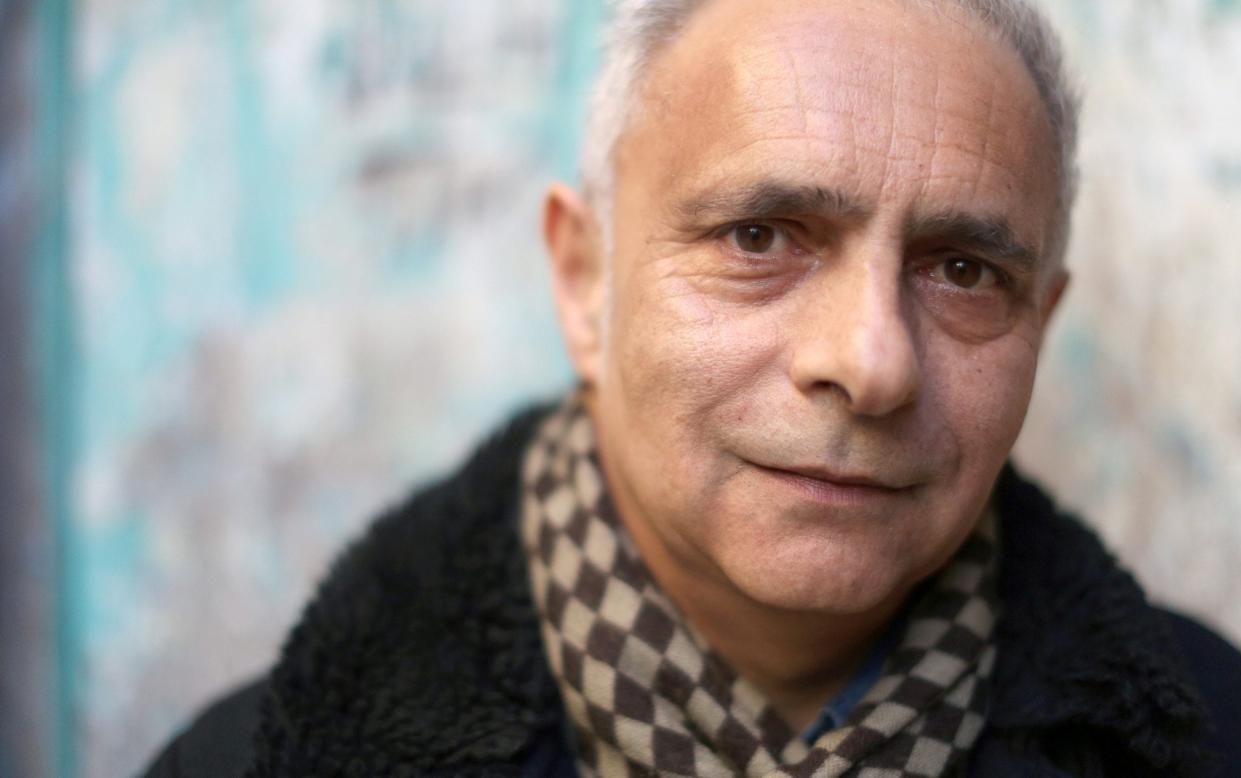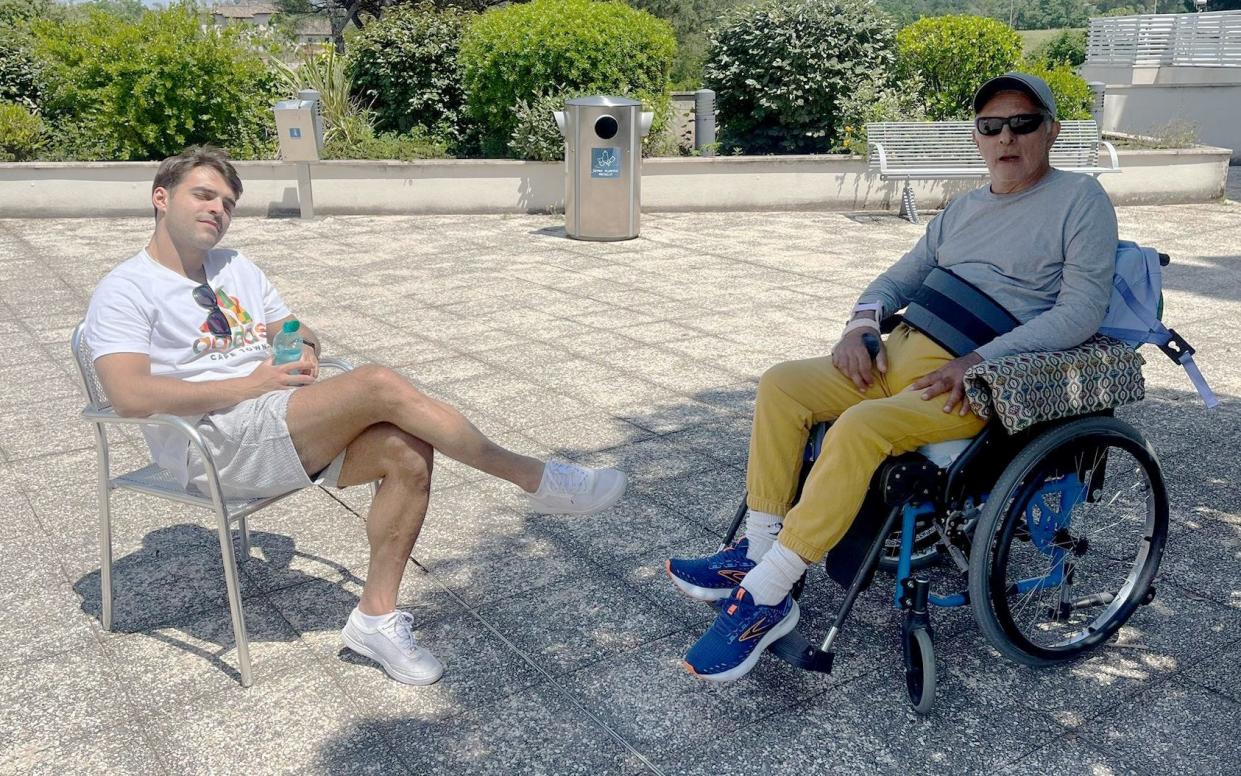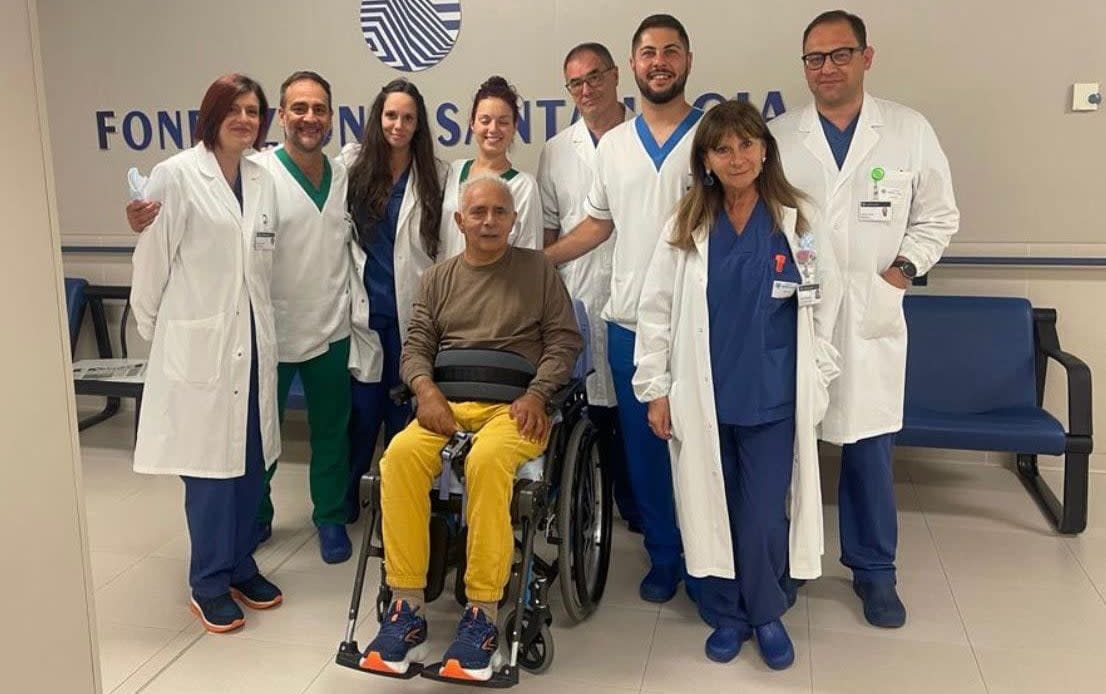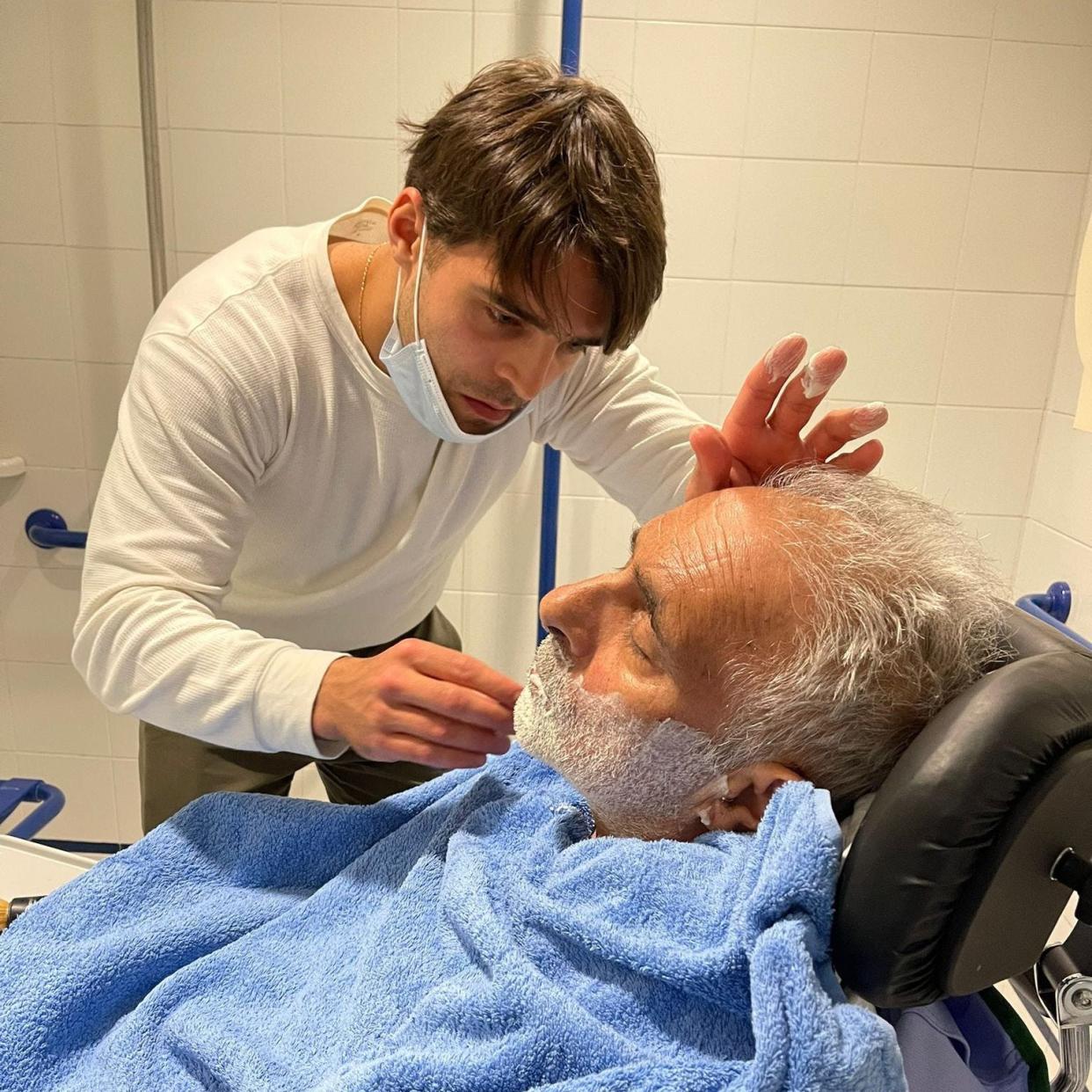I’m starting to feel normal again, says Hanif Kureishi

Hanif Kureishi says he has “started to feel like a normal person” after a fall 18 months ago left him paralysed.
The writer has rediscovered the joy of listening to music, is working on his memoir and has been attending rehearsals for an RSC adaptation of his novel, The Buddha of Suburbia.
“It makes me very happy that my work is still alive after I nearly died,” Kureishi said.
“Although I’m a tetraplegic, I’ve started to feel like a normal person. Writing gives me a sense of self-esteem and dignity. That I’m not just a broken body.”
He told the Guardian: “I still have health issues. Every day is a lucky day for me. Working really keeps me believing in something worthwhile in my life.”

Kureishi’s life changed on Boxing Day 2022 when he was in Rome with his partner, Isabella. He passed out and came around to find himself paralysed. He remained in hospital for more than a year.
While guest editing the Today programme four months ago, Kureishi, 69, said he could no longer listen to music. “I couldn’t bear to hear it. I think it would be too moving, I think it would be too upsetting. I would feel so awful about myself and so depressed about my situation,” he said.
However, he says in the new interview: “I’ve gone back to music now. I just couldn’t listen to all the stuff I loved in that horrible, depressing atmosphere with nurses and doctors.
“But I’m back home now, and I’ve got my kids, my friends and my world around me. I’m trying to resume my working life again.”

Kureishi is dictating his memoir, Shattered, via his family, as he did with the blog written from his hospital bed, which was written with the help of his son, Carlo.
He joked: “My kids call me The Great Dictator because I shout at them and they write it down… I’ve started to really enjoy writing in this way. I write much quicker.”
Kureishi said the boredom of being confined to hospital had been good for his creative side. He explained: “Hours and hours of the day would go by with literally nothing for me to do. I can’t use my hands. I can’t play with my phone. I can’t play music. I can’t send emails to people. I’m just sitting staring at the wall. But staring at the wall is a very good way of generating creativity.”
Time spent in UK hospitals also prompted thoughts about immigration, said Kureishi, the son of an Indian father and English mother.

He said: “I could see that the NHS is entirely run by immigrants. Most of the nurses doing the all-night and weekend shifts – and all the care workers – are recently arrived immigrants. If you cut that off, then you’re going to have an ageing population that isn’t going to be taken care of.
“You can’t fill those institutions with indigenous people. It doesn’t work, everybody knows that. And sending a few people to Rwanda isn’t going to address the problem.”
The Buddha of Suburbia, Kureishi’s 1990 debut, is a semi-autobiographical tale of a mixed-race teenager growing up in Bromley.
The RSC adaptation, directed by Emma Rice, runs at the Swan Theatre in Stratford-upon-Avon from April 18 to June 1.


